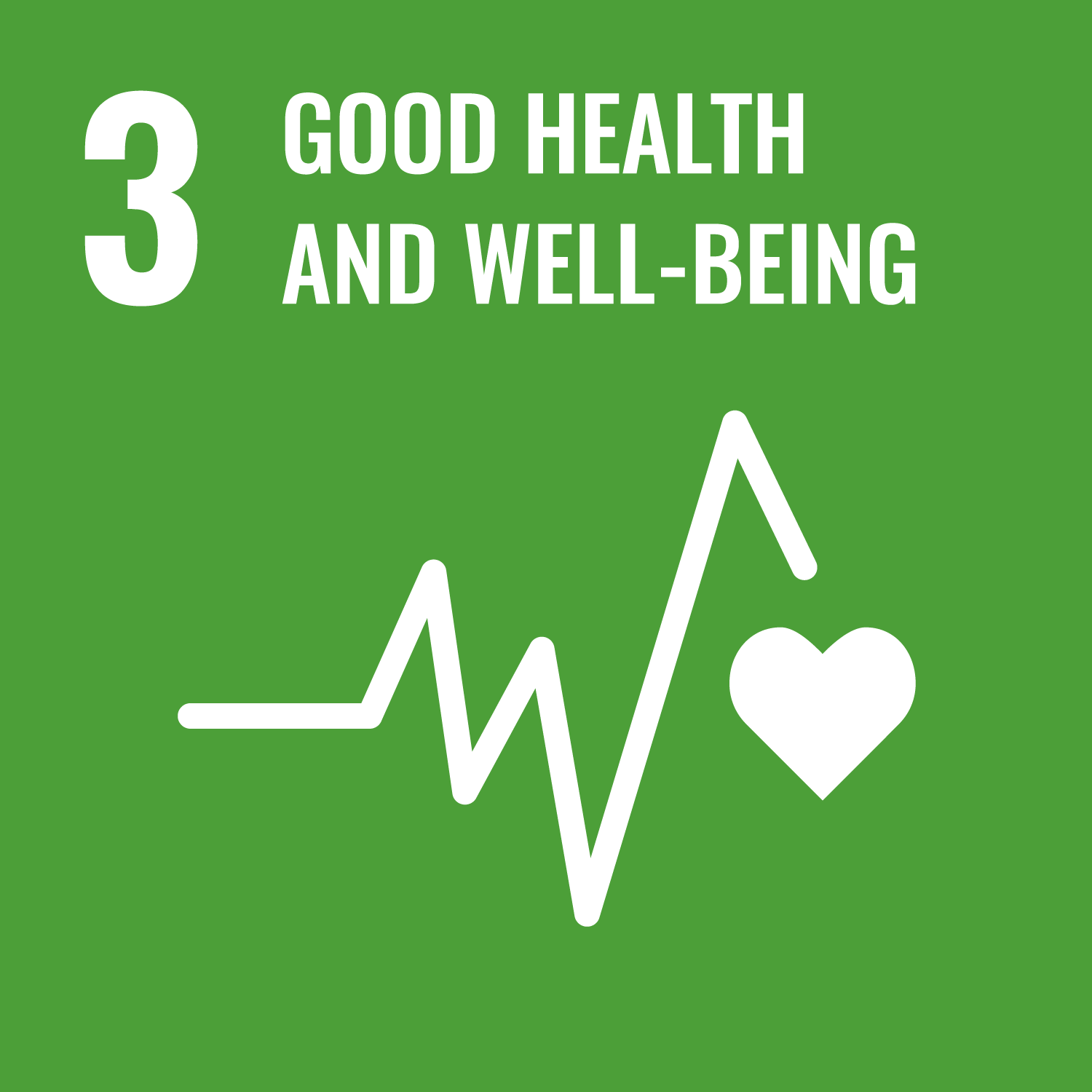Cameroon Kangaroo Mother Care Development Impact Bond (KMC DIB)
Aligned SDGs

- Cameroon Kangaroo Mother Care Development Impact Bond (KMC DIB)
- General overview
- Location
- Involved organisations
- Outcome metrics
- Results
- Other resources
- Spreadsheet of data
- Cameroon Kangaroo Mother Care Development Impact Bond (KMC DIB)
- General overview
- Location
- Involved organisations
- Outcome metrics
- Results
- Other resources
- Spreadsheet of data
General overview
Stage of development: Implementation
Policy sector: Health
Date outcomes contract signed: Dec 2018
Start date of service provision: Feb 2019
Capital raised (minimum): USD 800k
Max potential outcome payment: USD 2.43m
$3.1 million dollars (USD) of programme outcomes were delivered , of which $2.43m were paid due to the contract cap.
Service users: 2k+ individuals
Intervention
The KMC DIB’s objective was to identify a path to scale for and expand quality KMC to five regions in Cameroon to reduce infant mortality levels. Kangaroo Mother Care is a proven and globally recommended health practice for babies born early or small, which involves holding the baby skin-to-skin on the mothers or other caregivers chest, ideally feeding them only breastmilk, minimising time in hospital and having close follow-up of the mother and baby once they return home. It aimed to achieve this in two ways: 1. Roll out KMC in 10 hospitals across five regions in Cameroon, with the ultimate outcome of significant and verifiable improvements in LBW infant health. Intermediate outcomes include extended periods of skin-to-skin care for LBW and pre-term neonates, high rates of exclusive breastfeeding, and above-average weight gain by 40 weeks gestational age. 2. Integrate high-quality KMC into Cameroon’s public healthcare system to ensure the DIB investment’s long-term sustainability, including further expansion to hospitals nationwide.
Target population
The project will be implemented across five regions in Cameroon targeting low birth weight (LBW) or preterm newborns. Those regions were chosen based on needs (i.e. newborn mortality rate level) and volume of infants admitted in hospitals.
Location
Country
- Cameroon
Service delivery locations
- Cameroon
Involved organisations
Outcome metrics
- Increase in access to quality KMC (Kangaroo Mother Care): extended skin-to-skin care, exclusive breastfeeding and early discharge.
- Improvements in weight gain for LBW (low birth weight) or premature newborns.
Results
Outcome achievements
The graph above shows interim results for the project’s outcome achievements. Each bar represents a key participant outcome or metrics. Each metric is detailed above the graph (under the ‘Outcome metrics’ section of this page). Users can hover over the bars to access data on the expectations and achievements for that particular metric. Labels at the top of the bar represent the overall expectations for specific metrics, for the entire life of the project. The coloured section of the bar represents the project’s achievements so far.
Each bar takes the unit of analysis of the metric (if the metric is measured in number of individuals, the bar graph is representing individuals achieving that metric. If the metric is measured in weeks, the bar graph is representing weeks).
A note on targets (or expectations): the graph above shows the latest targets for the project. These targets are based on the best-case scenario expectations for every project. These targets may be different from the targets set at the start, as projects adapt to unexpected challenges or changes in circumstances. In addition, these targets could also work as a ‘cap’ for payments. We offer these parameters as a reference on outcome achievement projections. If projects are under implementation, they are not expected to have achieved any of these targets yet.
Other resources
Spreadsheet of data
Important Notice and Disclaimer on INDIGO Data
INDIGO data are shared for research and policy analysis purposes. INDIGO data can be used to support a range of insights, for example, to understand the social outcomes that projects aim to improve, the network of organisations across projects, trends, scales, timelines and summary information. The collaborative system by which we collect, process, and share data is designed to advance data-sharing norms, harmonise data definitions and improve data use. These data are NOT shared for auditing, investment, or legal purposes. Please independently verify any data that you might use in decision making. We provide no guarantees or assurances as to the quality of these data. Data may be inaccurate, incomplete, inconsistent, and/or not current for various reasons: INDIGO is a collaborative and iterative initiative that mostly relies on projects all over the world volunteering to share their data. We have a system for processing information and try to attribute data to named sources, but we do not audit, cross-check, or verify all information provided to us. It takes time and resources to share data, which may not have been included in a project’s budget. Many of the projects are ongoing and timely updates may not be available. Different people may have different interpretations of data items and definitions. Even when data are high quality, interpretation or generalisation to different contexts may not be possible and/or requires additional information and/or expertise. Help us improve our data quality: email us at indigo@bsg.ox.ac.uk if you have data on new projects, changes or performance updates on current projects, clarifications or corrections on our data, and/or confidentiality or sensitivity notices. Please also give input via the INDIGO Data Definitions Improvement Tool and INDIGO Feedback Questionnaire.